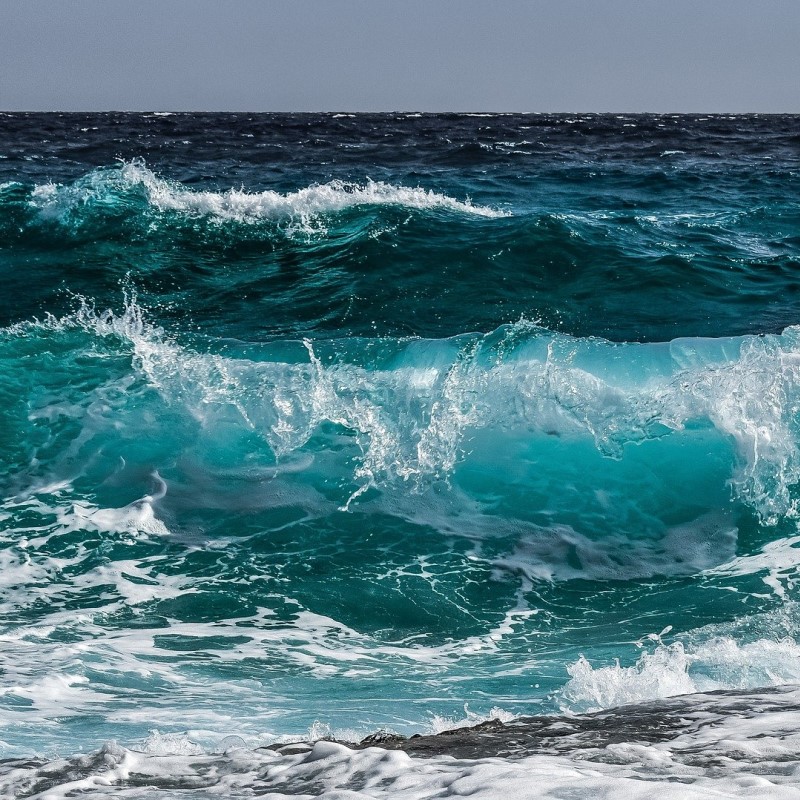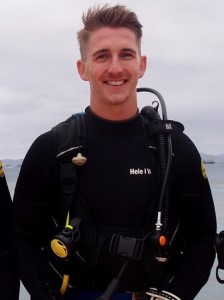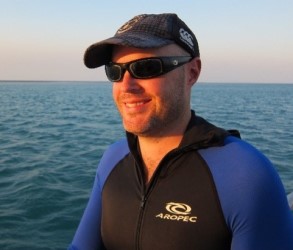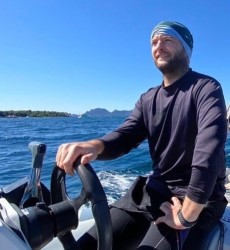...results indicate that some species of coralline algae may be capable of naturally acclimating to future ocean acidification.

Ocean acidification threatens the survival of coralline algae, which are vital to the functioning of coral reefs. However, a new study in Proceedings B shows that coralline algae may be more tolerant to ocean acidification than is currently predicted, which could be good news for the future of coral reefs. The authors tell us more about the study and its findings.
Coralline algae are vital to the functioning of coral reefs as they maintain the structural integrity of reefs, facilitate coral larval settlement, and provide food for invertebrates. However, previous studies have demonstrated that future ocean acidification will lead to reduced growth, recruitment, and survival of coralline algae, thus threatening the future of coral reefs. Yet, these studies primarily assess first- and second-generation coralline algae and therefore do not provide the opportunity for acclimatory mechanisms, which have recently been demonstrated in other marine organisms, to occur. Our experiment was designed to assess whether coralline algae demonstrate similar multi-generational acclimation to ocean acidification. Such an experiment would more accurately reflect the timeframe that coralline algae will have to respond to ocean acidification, providing novel insights into their future survival in a changing ocean.
Our results indicate that coralline algal reproductive structures (conceptacles), that are key to the production of offspring and persistence of populations, decline by 60% under ocean acidification conditions in second generation coralline algae. However, we also show that from the third generations onwards this negative effect disappears. Indicating that coralline algal conceptacle development is capable of acclimating to ocean acidification across multiple generations. Moreover, we show that conceptacle acclimation is not facilitated by a trade-off with reduced investment in growth, as higher conceptacle abundances were associated with faster growth rates. Overall, our results indicate that some species of coralline algae may be capable of naturally acclimating to future ocean acidification. If realised in nature, such a result has positive implications for the future survival of coralline algae and coral reefs in a more acidic ocean.
What was your experience like publishing inProceedings B?
Overall, our experience of publishing with Proceedings B was positive. Reviewers clearly spent a lot of time assessing our manuscript and provided us with valuable feedback on our initial draft. Moreover, communication was fast, and we received a prompt decision regarding our publication.
About the authors

Billy Moore
Conducted the initial phase of this research as part of an undergraduate internship at the University of Western Australia. He is now undertaking a PhD at Okinawa Institute of Science and Technology, where he undertook conceptacle analysis for the second phase of this project. His current PhD project will assess the multi-generational response of clownfish to marine heatwaves.

Dr Christopher Cornwall
Conducted and co-lead the initial phase of this work while a Research Fellow at the University of Western Australia. He led the second phase of the experiment, assessing conceptacle morphology, while a Rutherford Discovery Fellow at Te Herenga Waka, Victoria University of Wellington.

Dr Steeve Comeau
Co-lead the initial phase of this study while at the University of Western Australia. He advised on the second phase of the experiment while a research scientist at the Laboratoire d’Océanographie de Villefranche, CNTS-Sorbonne Université.
Proceedings B is looking to publish more high-quality research articles and reviews in marine biology. If you have an idea for a review, we strongly encourage you to submit a proposal by completing our proposal template and sending it to the journal. More information about the journal and the submission process can be found on our website.
Image credits
Billy Moore by Daisuke Uruchida
Dr Christopher Cornwall by Verena Schoepf
Dr Steeve Comeau by Christophe Mocquet
Ocean Image by Dimitris Vetsikas from Pixabay





